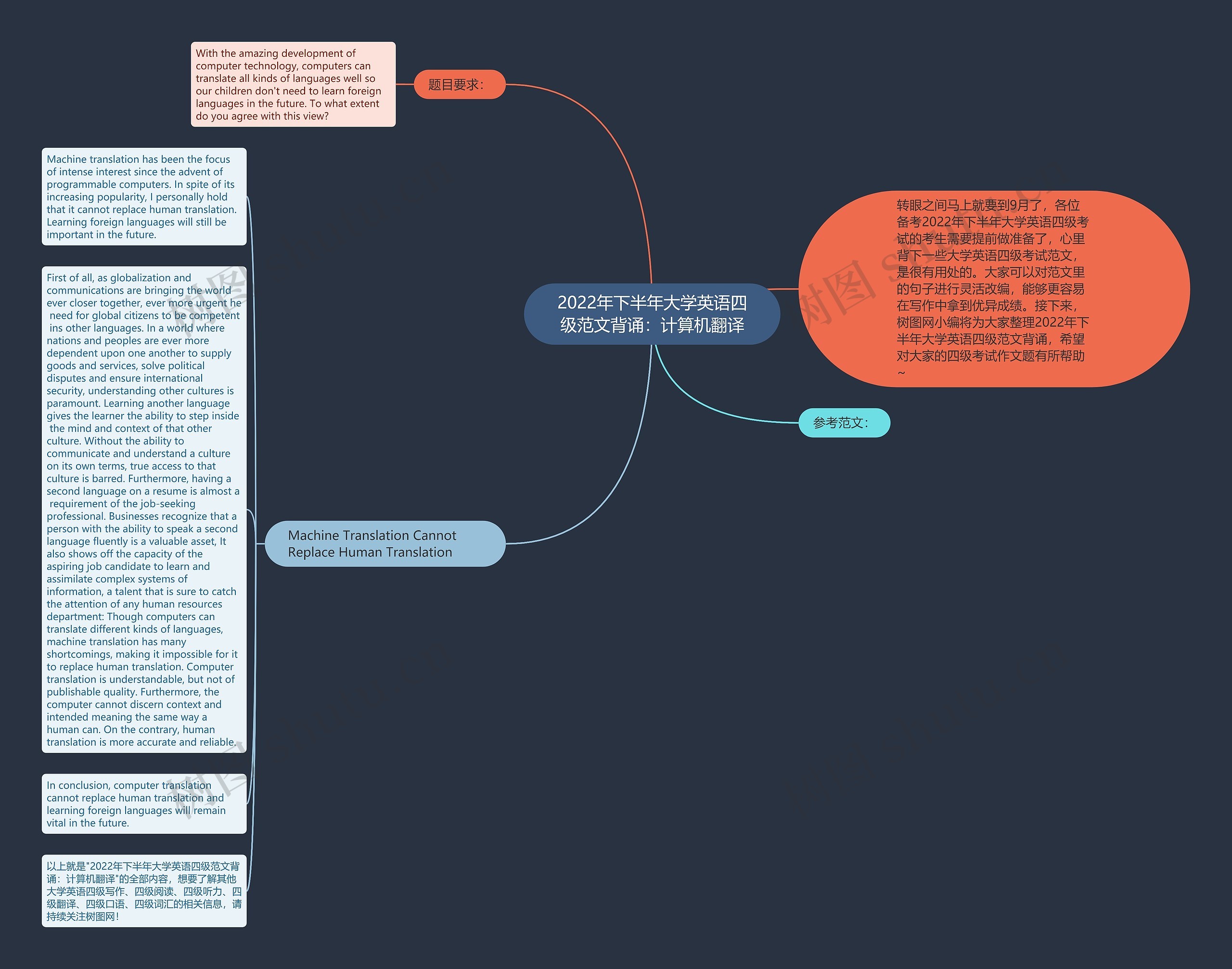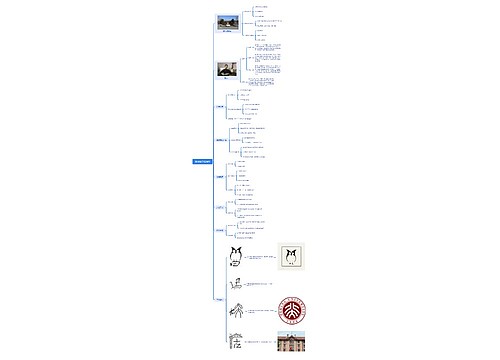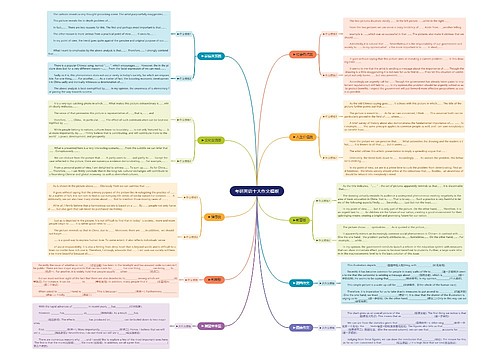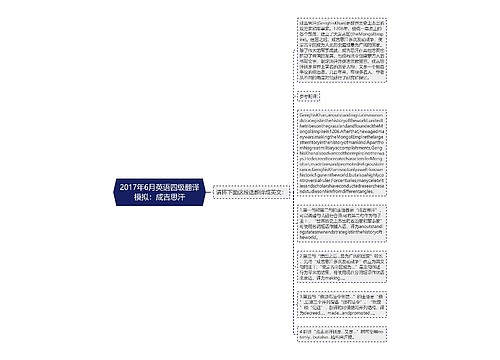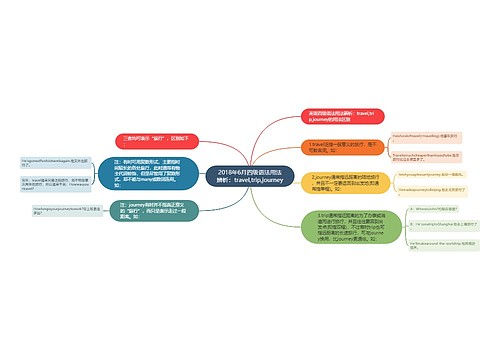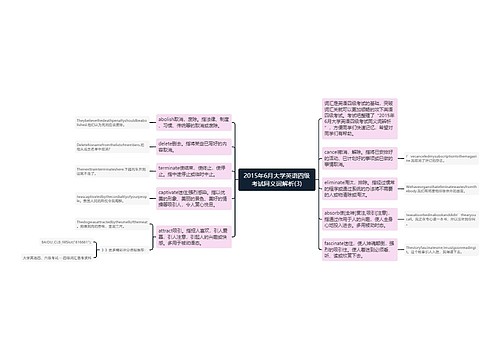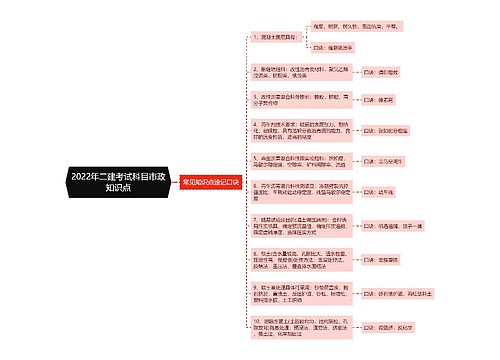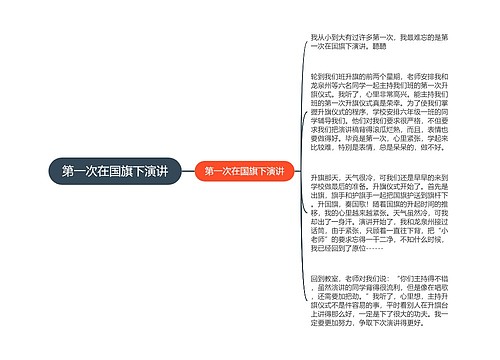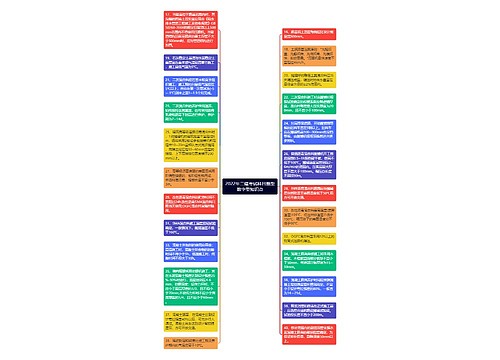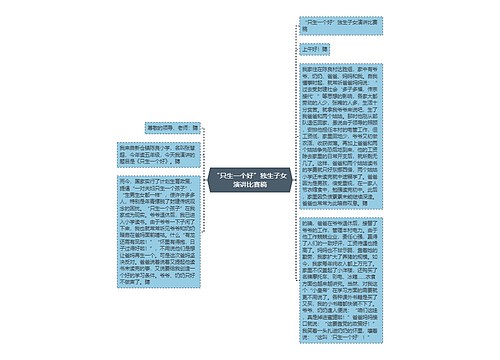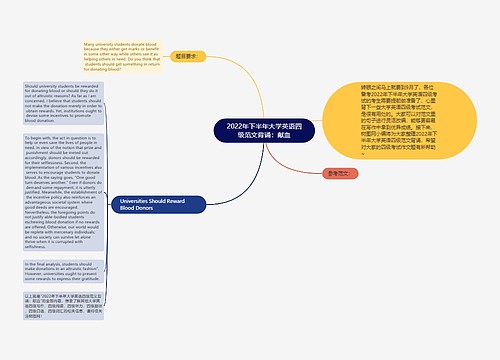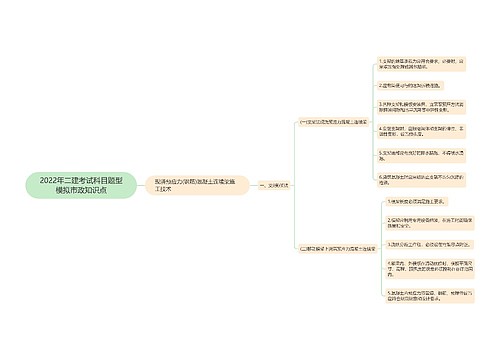Machine translation has been the focus of intense interest since the advent of programmable computers. In spite of its increasing popularity, I personally hold that it cannot replace human translation. Learning foreign languages will still be important in the future.
First of all, as globalization and communications are bringing the world ever closer together, ever more urgent he need for global citizens to be competent ins other languages. In a world where nations and peoples are ever more dependent upon one another to supply goods and services, solve political disputes and ensure international security, understanding other cultures is paramount. Learning another language gives the learner the ability to step inside the mind and context of that other culture. Without the ability to communicate and understand a culture on its own terms, true access to that culture is barred. Furthermore, having a second language on a resume is almost a requirement of the job-seeking professional. Businesses recognize that a person with the ability to speak a second language fluently is a valuable asset, It also shows off the capacity of the aspiring job candidate to learn and assimilate complex systems of information, a talent that is sure to catch the attention of any human resources department: Though computers can translate different kinds of languages, machine translation has many shortcomings, making it impossible for it to replace human translation. Computer translation is understandable, but not of publishable quality. Furthermore, the computer cannot discern context and intended meaning the same way a human can. On the contrary, human translation is more accurate and reliable.
